Top 10 Best Vitamins (And Food Sources) for Hair Growth and Thickness
Evidence Based
All the information in this blog post is accurate, trustworthy, scientifically based and has been written and fact-checked by our experts and doctors.
Our licensed nutritionists and dietitians are committed to being objective, unbiased and honest, presenting all sides of the argument.
This article includes scientific references in brackets, which are clickable links to research papers from reputable academic organizations.

Hair growth is influenced by a variety of factors, both genetic and environmental.
Factors that Influence Hair Growth:
Below are some of the key factors that can influence hair growth:
1. Genetics:
Your genetic makeup plays a significant role in determining your hair growth patterns, including factors like hair thickness, texture, and susceptibility to conditions like male or female pattern baldness.
2. Hormones:
Hormonal changes can profoundly impact hair growth. Hormones like testosterone and estrogen influence the growth cycle of hair follicles. Conditions such as hormonal imbalances, pregnancy, and menopause can affect hair growth.
3. Age:
Hair growth tends to slow down with age. As people get older, hair may become thinner, and the growth rate may decrease.
4. Nutrition:
A balanced diet rich in essential nutrients, such as vitamins (particularly biotin and vitamins A, C, and D), minerals (like iron and zinc), and proteins, is crucial for healthy hair growth. Nutrient deficiencies can lead to hair loss or stunted growth.
[ Also Read: Top 10 Amazing Foods for Beard Growth (Don't Miss!) ]
5. Stress:
High levels of stress can trigger a condition called telogen effluvium, causing hair to enter a resting phase and eventually fall out. Managing stress is important for maintaining healthy hair.
6. Medical Conditions:
Certain medical conditions, such as alopecia areata, thyroid disorders, and autoimmune diseases, can lead to hair loss or inhibit hair growth. Treating the underlying medical issue is often necessary to address hair problems.
7. Medications:
Some medications and treatments, including chemotherapy, can cause temporary or permanent hair loss. Discuss potential side effects with your healthcare provider.
8. Hairstyling and Practices:
Overuse of heat styling tools, tight hairstyles (like braids and ponytails), and chemical treatments can damage the hair and inhibit growth. Gentle hair care practices are essential for promoting healthy growth.
9. Environmental Factors:
Exposure to environmental pollutants, UV radiation, and harsh weather conditions can impact the health of your hair. Protecting your hair from these factors can help maintain its vitality.
10. Lifestyle Choices:
Smoking, excessive alcohol consumption, and an unhealthy lifestyle can negatively affect hair growth. Adopting a healthy lifestyle can contribute to better hair health.
11. Scalp Health:
A healthy scalp provides a conducive environment for hair growth. Conditions like dandruff or a dry, itchy scalp can hinder growth. Regular scalp care can help.
12. Hydration:
Staying adequately hydrated is essential for overall health, including hair health. Dehydration can affect hair growth and texture.
As mentioned above, one of the important reasons for hair loss and lack of Hair growth that is in our hands is – Diet & Nutrition. Several vitamins and minerals play crucial roles in supporting healthy hair growth.
Best Vitamins and Minerals for Hair Growth and Thickness
Below are some vitamins and minerals that you must make sure are present in your diet.
1. Biotin (Vitamin B7):
Biotin is essential for the production of keratin, a protein that makes up hair, skin, and nails. It also plays a role in energy metabolism.
Biotin Available Food Sources:
Eggs, nuts, seeds, whole grains, and some vegetables.
2. Vitamin A:
Vitamin A helps with the production of sebum, an oily substance that moisturizes the scalp and keeps hair healthy.
Vitamin A Available Food Sources:
Sweet potatoes, carrots, spinach, and kale.
3. Vitamin C:
Vitamin C is an antioxidant that helps protect hair follicles from damage caused by free radicals. It also aids in collagen production, which is important for hair structure.
Vitamin C Rich Foods:
Citrus fruits, strawberries, bell peppers, and broccoli.
4. Vitamin D:
Vitamin D is crucial for hair follicle cycling and hair growth. It also helps maintain the health of hair follicles.
Vitamin D Rich Foods:
Fatty fish (salmon, mackerel), fortified foods, and exposure to sunlight.
5. Vitamin E:
Vitamin E is an antioxidant that can help improve blood circulation to the scalp, which in turn can promote hair growth.
Vitamin E Available Food Sources:
Nuts, seeds, and vegetable oils (like sunflower and safflower oil).
6. Iron:
Iron is necessary for the production of red blood cells, which carry oxygen to hair follicles. Iron deficiency can lead to hair loss.
Iron Rich Foods:
Red meat, poultry, beans, lentils, and leafy greens.
7. Zinc:
Zinc plays a role in maintaining the health of hair follicles and supporting hair growth.
Zinc Rich Foods:
Meat, dairy products, nuts, and whole grains.
8. Omega-3 Fatty Acids:
Omega-3 fatty acids, especially DHA and EPA, promote hair thickness, density, and reduce inflammation on the scalp.
Omega-3 Fatty Acids Available Food Sources:
Fatty fish (salmon, mackerel, sardines), flaxseeds, and walnuts.
9. Vitamin K2:
Vitamin K2 helps transport calcium to where it's needed, potentially preventing calcium build up in hair follicles, which can impede hair growth.
Vitamin K2 Rich Foods:
Fermented foods, animal liver, and some cheeses.
10. Selenium:
Selenium is an antioxidant that helps protect hair follicles from damage. It also plays a role in thyroid hormone regulation.
Selenium Rich Foods:
Brazil nuts, fish, poultry, and whole grains.
It's important to note that while these vitamins and minerals can contribute to healthy hair growth, excessive supplementation is not recommended unless advised by a healthcare professional. Additionally for conditions like Androgenetic Alopecia, topical products like Minoxidil have been proven to be successful. Less stress and good sleep are two other important factors that an contribute to hair health.
Also Read the Articles:
Disclaimer: The information provided on this page is not a substitute for professional medical advice, diagnosis, or treatment. If you have any questions or concerns about your health, please talk to a healthcare professional.
 Evidence Based
Evidence Based
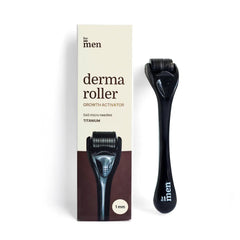
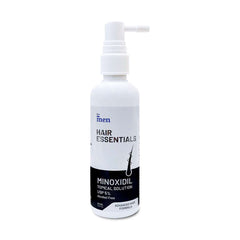
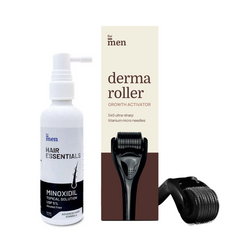
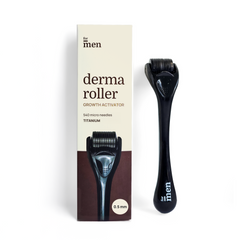
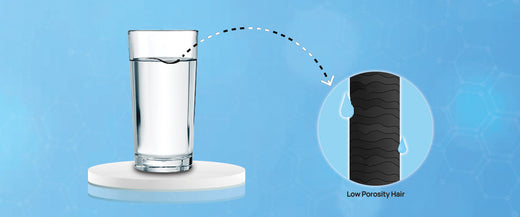
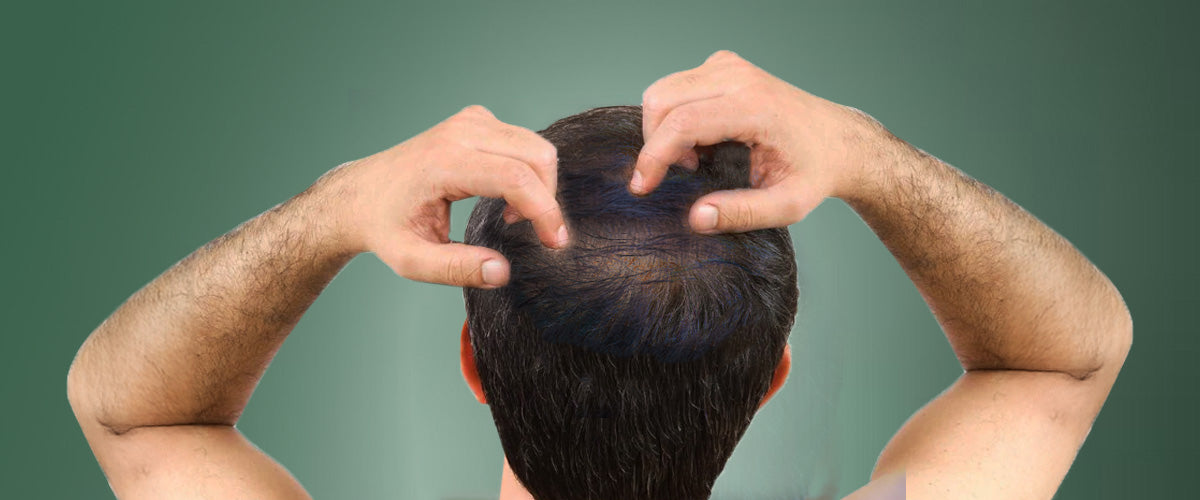

Leave a comment